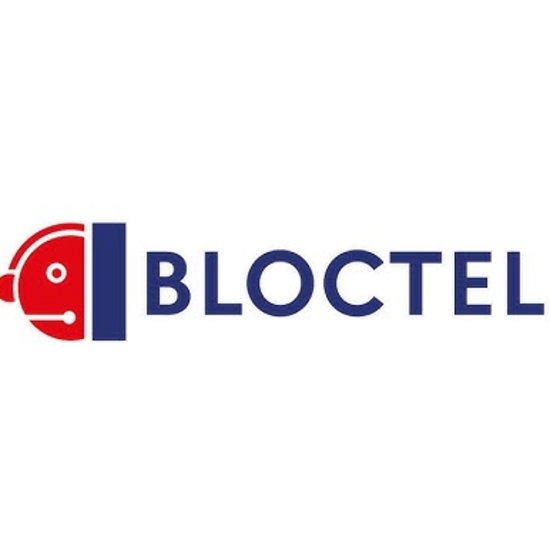The US telecommunications authority, the FCC, this week declared AI-generated voices for cold calling illegal. In France, the practice is not subject to any regulation.
Calls generated by artificial voices giving rise to cold calling, scam attempts or manipulation are now prohibited in the United States. The Federal Communications Commission (FCC), which deplored a sharp increase in calls featuring voices created by AI, now considers them to be “artificial”, therefore falling under local law, Telephone Consumer Protection Act (TCPA). On the French side, no text yet governs this practice. Explanations.
AI at the service of scams: “robocalls” with cloned voices become illegal in the United States
Unwanted automated calls, the famous “robocalls” in English, are a scourge for many users. The latter have just gained a new weapon against them: the FCC.
The members of the American authority, equivalent to our ARCEP, spoke with one voice. They unanimously ruled that scam calls using artificial intelligence-generated voices were illegal, giving attorneys general across the country new ways to pursue those behind voice cloning.
The use of AI to generate voice is now an offense across the Atlantic. Last November, and obviously concerned in that it allows scammers to perfect their techniques, the FCC launched an investigation to fight against these robotic telephone calls, focusing more particularly on the role of artificial intelligence. The agency explored how it could be used to try to trick or defraud consumers, and see whether voice cloning should be regulated.
In the USA, a national effort to combat calls generated by an artificial voice
The FCC based itself on an American text, the TCPA, which governs and limits unwanted calls. This law already restricts cold calling and artificial voice messages. It is now extending its crackdown to AI-generated voices in calls.
The American commission announced that it was strengthening its partnerships with the various law enforcement agencies in the country to eliminate these fraudulent calls. Partnerships provide critical resources to bring cases to fruition and coordinate efforts to protect both affected consumers and businesses nationwide. You will have understood, this is a question of national effort.
In France, for the moment, there is regulatory vagueness
In France, the use of voices generated by AI for cold calling is currently not regulated. In other words: it is not prohibited. Although measures may be considered in the future, a regulatory gap therefore remains. However, solutions exist to protect yourself from canvassing.
The Bloctel opposition list, offered by the State, allows you to register up to 8 numbers to protect from canvassing, free of charge. Although its registration is supposed to eliminate unwanted calls, other tools, such as Signal SPAM, dedicated to fraudulent emails, increase protection against cold calling. The “red list” with your operator also allows you to restrict the publication of your contact details in electronic or paper directories.
Download
- Free
- Protection guaranteed by law
- Easy registration
BlocTel is a free public service dedicated to protecting consumers against abusive telephone canvassing. Set up by the Directorate General for Competition, Consumer Affairs and Fraud Control (DGCCRF), this system allows individuals to register on a list opposing telephone canvassing to avoid unwanted calls.
BlocTel is a free public service dedicated to protecting consumers against abusive telephone canvassing. Set up by the Directorate General for Competition, Consumer Affairs and Fraud Control (DGCCRF), this system allows individuals to register on a list opposing telephone canvassing to avoid unwanted calls.
Sources: FCCClubic


6